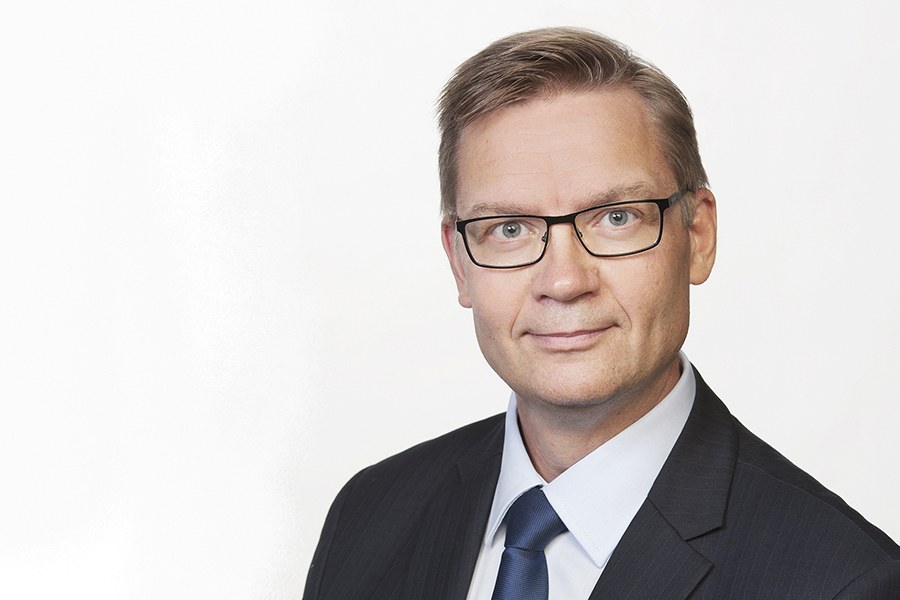National education cooperation with mechanical, energy and marine technology enterprises

“Industry lives in project cycles and thus competence development possibilities have to be offered flexibly when there is need and time for them,” confirms Teemu Launis who is the vice president at Elomatic’s office in Tampere.
Do you want to study welding of ultrastrong steel in Oulu, marine technology in Turku, use of digital product information and cleantech in the metropolitan area or digitalising industrial economy in Tampere or all of them as a part of your engineering degree or competence update flexibly whenever and wherever?
The joint PoraKONE project of four universities of applied sciences developed national education for the industry’s needs. The starting point of the project was finding new solutions to the fast structural change and competence update needs of the industry.
National education cooperation for industry’s needs
“Students’ possibility of completing courses when it suits them and at their own pace will be more and more important in the future. What happened last spring only emphasises this development,” state Project Manager Mika Nikander and Senior Lecturer Sami Hämäläinen, who led the PoraKONE project at Tampere University of Applied Sciences’ School of Industrial Engineering.
Each of the four universities of applied sciences was in charge of educational modules in its fields of expertise.
“The project implemented five 15-credit modules for the needs of mechanical, energy and marine technology enterprises. They can be completed regardless of time and place,” tells Hämäläinen, who led the project at TAMK when it started in 2018.

Digital exercises at practical level
An example of a well-received course is TAMK’s Digital Exercises. Its aim is to concretise students what digitality means in industry today.
“Many know the term IoT but considerably fewer know what internet of things means concretely. On this course we wanted to organise low-threshold experiments which give students the possibility to learn about IoT in a practical manner,” Hämäläinen explains the background for the course.
All courses remain to be available through the CampusOnline service of Finnish universities of applied sciences at https://campusonline.fi.
Enterprise cooperation in an important role
Even if the PoraKONE project was extremely topical in the spring with its time and place independent modules, the coronavirus also did harm to the project. Some planned enterprise pilots could not be implemented because of the assembly restrictions. The enterprises’ contribution was important in the project. After all, the aim was to create education which responds to the changing competence needs of the industry. Launis from Elomatic participated in the project and its steering group from the beginning. He calls for enterprises to participate in project cooperation.
“I had the chance to bring out our needs and develop related course offerings," Launis sums up his experiences in the project.
The PoraKONE project was an ESF project funded by Häme Centre for Economic Development, Transport and the Environment. The project was coordinated by Turku University of Applied Sciences and the other participants were Tampere University of Applied Sciences, Oulu University of Applied Sciences and Metropolia University of Applied Sciences. The project started on 1 January 2018 and ended on 30 June 2020.
Further information:
Mika Nikander, Project Manager, School of Industrial Engineering, Tampere University of Applied Sciences, mika.nikander [at] tuni.fi (mika[dot]nikander[at]tuni[dot]fi)
Text: Helena Pekkarinen
Photos: Main photo: Saara Lehtonen. Photo of Teemu Launis: Suomen Passivalokuvaamo Osakeyhtiö





